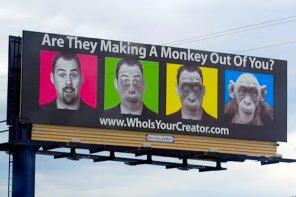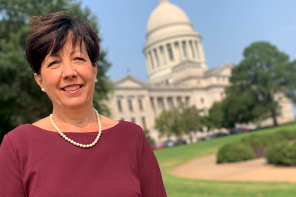Army researcher Bruce Ivins commits suicide as the FBI closes in on him as a top suspect in the US anthrax mail deaths; University of Alabama biology professor Amy Bishop guns down her colleagues in a faculty meeting; top climate scientists’ hacked email reveals childish bickering and apparent suppression of research that goes against global warming; Nobel-winning UN scientist Rajendra K. Pachauri accused of serious financial conflicts of interest; top university psychiatrists under Senate investigation for not disclosing significant cash payments from pharmaceutical companies whose drugs they are also researching.
Good Lord! Seems like hardly a week’s gone by lately without some new revelation about scientists gone mad or bad or both.
What’s up?
On the one hand, we could say, “Scientists are just humans, and humans screw up.” But there’s more to it than that.
First, top research scientists work in very intense environments that often ignore, or worse, reward narcissistic behaviors. In my quarter-century in science, I’ve seen many social behaviors (barely on the edge of what would normally be accepted) excused as long as those involved were bringing in a lot of money and prestige and publishing a lot of papers.
Second, and to add spice and challenge to this intense environment, the US Senate passed the Bayh-Dole Act in 1980. For the first time, universities and their researchers could financially benefit from their research and innovations. This is good, the reasoning went, because we not only want to keep our best minds in universities, but we also want scientists to reap the benefits of their own ideas. Of course, when big bucks are at stake humans have a tendency to behave badly and change priorities.
It seems scientists could use some religion, or at least some soul, or at least a moral compass to orientate themselves through the increasingly blurry lines that sketch out the day-to-day ethics of our labs and clinics.
The feds realized this about a decade after passing Bayh-Dole, so they mandated ethics training for anyone receiving federal funds.
I lead this formal ‘ethics training’ at Emory University; a mere two days (sometimes followed by monthly discussions) during the 4-6 years of a typical graduate student’s PhD program. For faculty at our institution, not atypically, there is little to no formal engagement in these issues.
Would doing a better job of providing a moral compass for scientists prevent some from going mad? Probably not. But it might lead to better and earlier identification and action toward stopping aberrant behavior. Rarely do the single dramatic human actions of the headlines come from nowhere, without earlier hints.
Before other scientists get defensive (“We don’t have time for this!… I need my students in the lab!… I learned ethics informally from my mentors, why can’t everyone else?!” etc.), one point: look at the costs of scientists’ unethical and aberrant behaviors. In today’s news, for example, opponents of teaching only evolution in public school biology classrooms are pointing to the climate scientists’ emails and proclaiming that if scientists are suppressing information in opposition to their views, they’re admitting there are alternative views, alternative theories on global warming. So, by implication, to most effectively teach human and life origins, we should also teach alternative theories to evolution (read: creationism).
Clearly confused. But you see the point, the rhetorical strategy, the costs of scientists ignoring or dismissing their own mad behavior.
All this is not to say that some religious people don’t get carried away and do wacky and crazy things themselves, nor that you have to be religious to be ethical. The point is that there needs to be better communication, better engagement of ethics and morals by the scientific community, and better engagement of science by the religious community. This requires reasoned dialogue, most easily led by the many people who are both ethical and scientists and by the many who are religious and scientists.
This is more than just ‘Why can’t we all just get along?’ We’re talking the future of our kids and their science, education, and religion here. Time to stop talking about ‘those people’ and start talking about ‘us people.’



